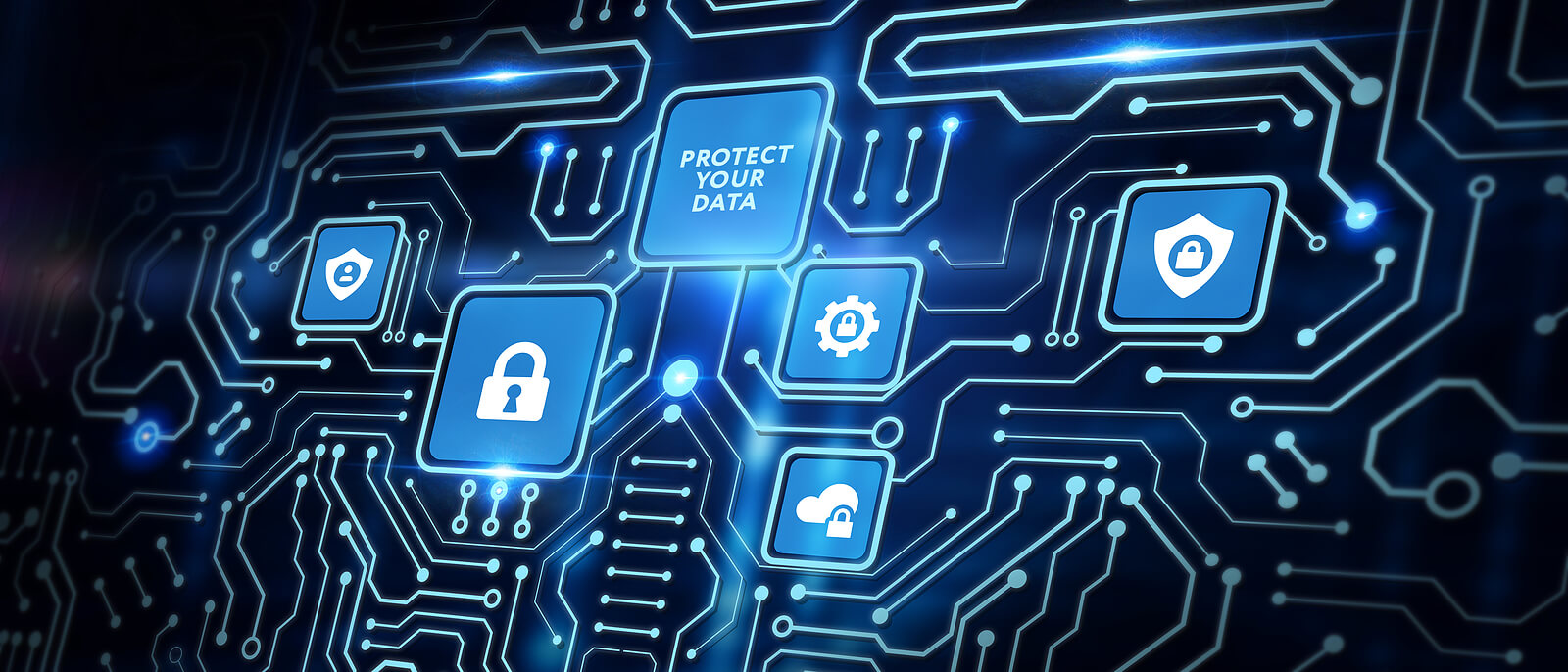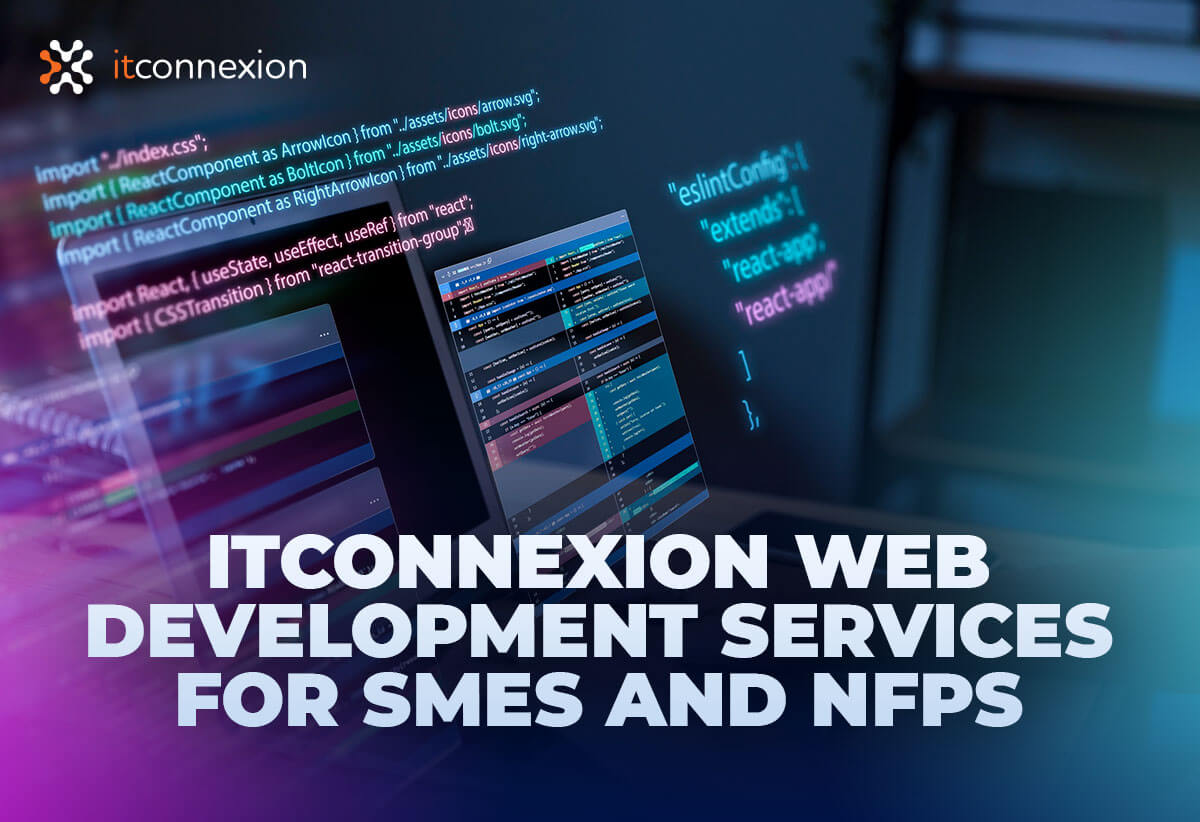2020 marked a turning point for cyber security in Australia, in more ways than one. Cyber attacks on Australian organisations are becoming increasingly common, and at both the government and business level, cyber security is becoming increasingly critical.
Cyber Security in Australia
For the duration of 2021, ITConnexion’s Cyber Security Awareness Training is being offered fully funded for eligible SMEs and NFPs in Australia. This grant funding comes from the Cyber Security Business and Connect Programme from the Australian government, reflecting the government’s new focus on cyber security.
The Australian government rapidly pivoted to prioritise cyber security, following a wide-scale and sophisticated cyber attack in June 2020. This was a coordinated attack on a range of Australian institutions, both public and private, including sectors such as education, health and critical infrastructure.
Though cyber attacks on Australian organisations have been increasing in both frequency and impact over time, this attack marked the turning point for what cyber security means for Australian businesses.
The Impact of the Pandemic
The June cyber attack wasn’t the only event that changed the Australian cyber security landscape in 2020. The COVID-19 pandemic itself had a major impact, by changing working environments forever with more employees working from home.
With more and more remote collaboration, organisations are struggling to keep up with the new demands this places on cyber security. Home networks usually have far less robust cyber security, and with offices emptying out, this leaves organisations vulnerable. Organisations with smaller IT capacity, such as SMEs and NFPs, are at greater risk than enterprises and corporates.
In response, highly organised criminal hackers have adapted to exploit these vulnerabilities. This has driven the rapid rise of cyber attacks seen since the beginning of the pandemic.
How SMEs and NFPs Respond
Across all industries and sectors in Australia, organisations need to be aware of how their risk of cyber attack has been and is increasing, and what steps they need to take to mitigate this risk.
Smaller organisations such as SMEs and NFPs are often less rigorous in their cyber security approach, under the assumption that they are smaller and therefore less important targets. However, as they usually have less sophisticated cyber security systems, this actually makes them more likely to be targeted by cyber criminals.
Though the Australian government is putting their money where their mouth is, with their funding of cyber security awareness trainings, cyber security is ultimately the responsibility of the organisation. Australian businesses have the responsibility to keep up to date with the rapidly changing landscape of cyber security. This includes investing in their IT technology and resources, as well as training their employees, who are often the first and final line of defence against cyber attacks.
Protect Your Organisation
With cyber attacks on Australian organisations becoming more and more common, it is ultimately the business’s responsibility to keep their cyber security up to date. Register your SME or NFP in ITConnexion’s Cyber Security Awareness Training, or contact us for more information.





